Articles by Index on Censorship
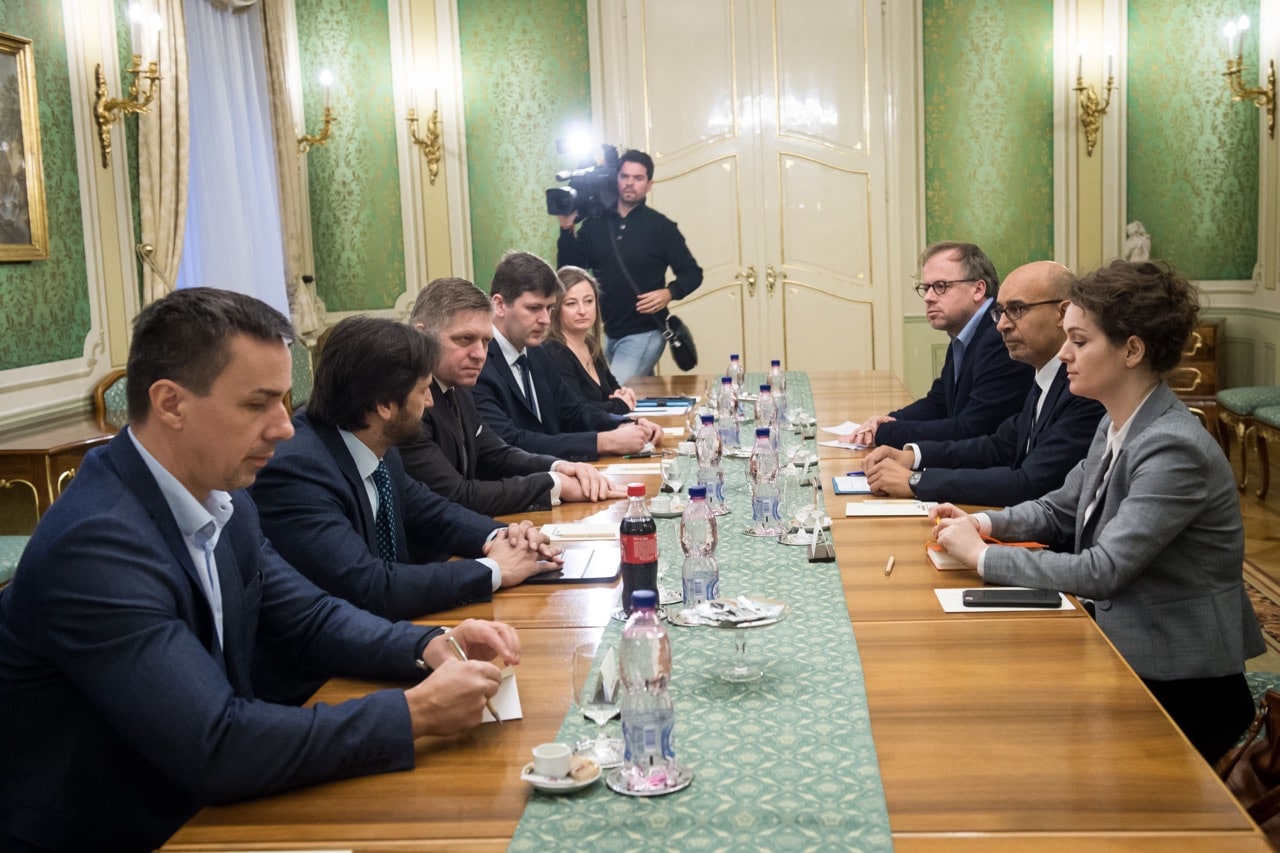
On heels of Slovakia and Malta murders, European Commission urged to take the lead to protect journalists
In a joint open letter to Mr Jean-Claude Juncker, President of the European Commission, organisations urge EC officials to ensure that police investigations are full, thorough and independent in Slovakia and Malta.
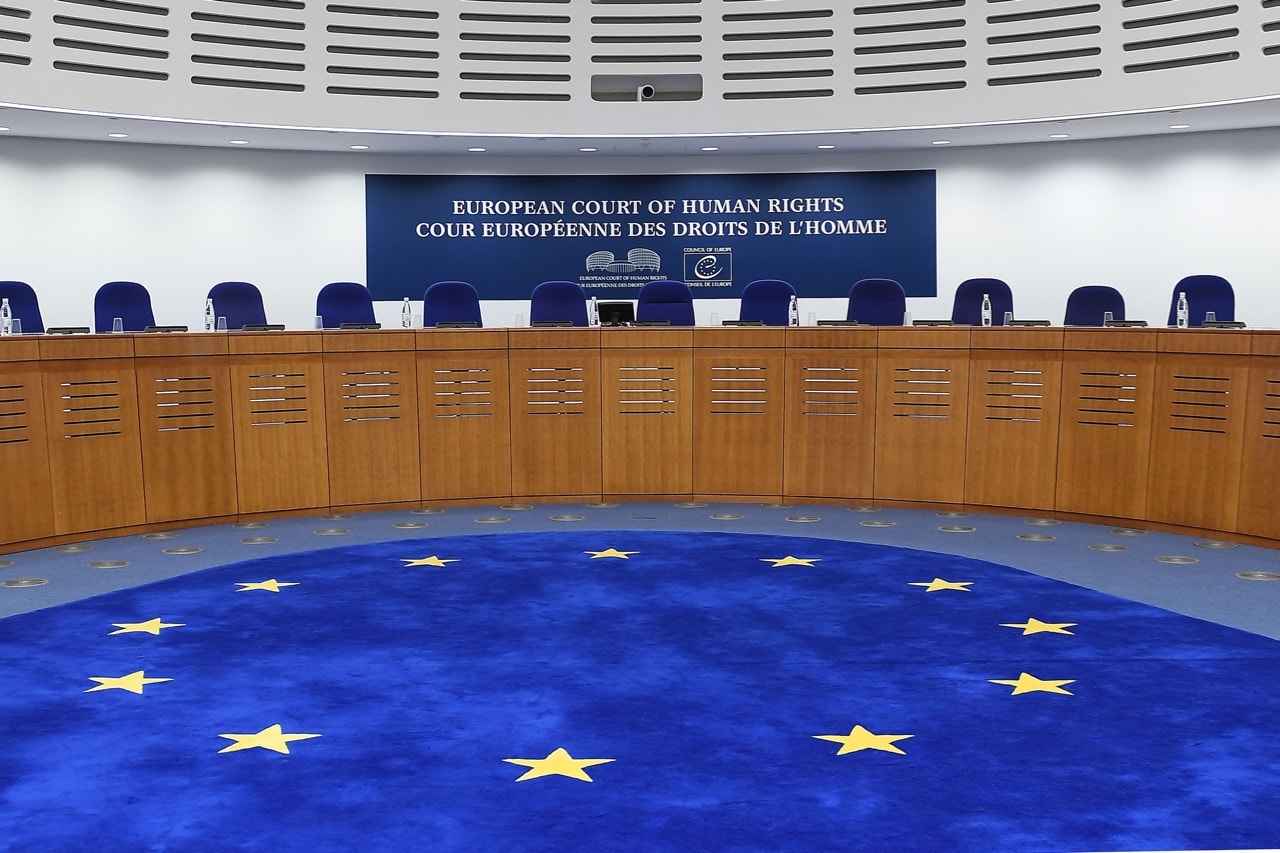
Europe must not abandon the Altans and Turkey’s other jailed journalists
As there is no expectation of independent or effective justice in Turkey, the European Court of Human Rights in Strasbourg is the last hope for justice for the writers – and indeed, for Turkish society as a whole.
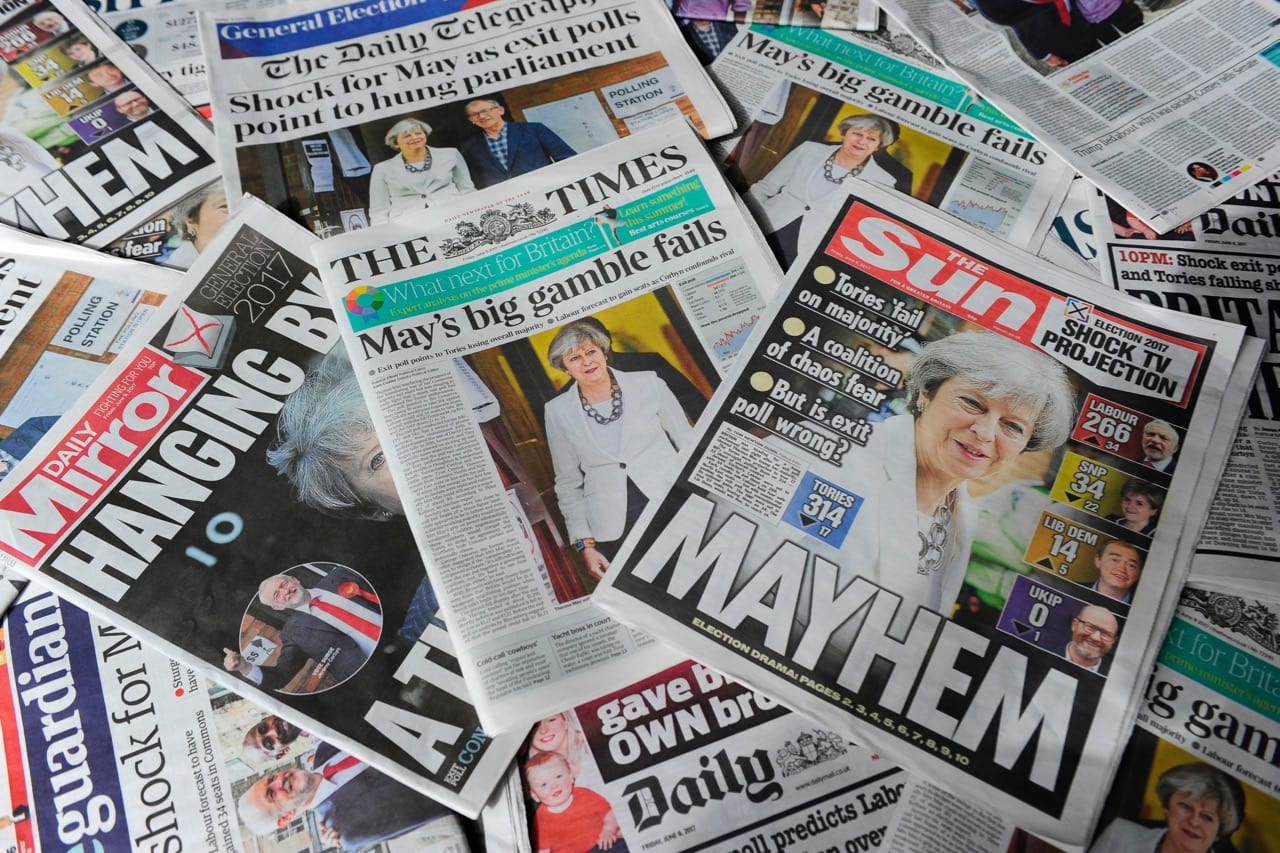
Is compromise compromising news?
“News is something which somebody wants suppressed: all the rest is advertising.” Variations on this quote, originally attributed to William Randolph Hearst, have echoed around newsrooms for decades, with advertising and editorial kept separate. Nowadays, though, the line is becoming more blurred for the UK’s regional media.
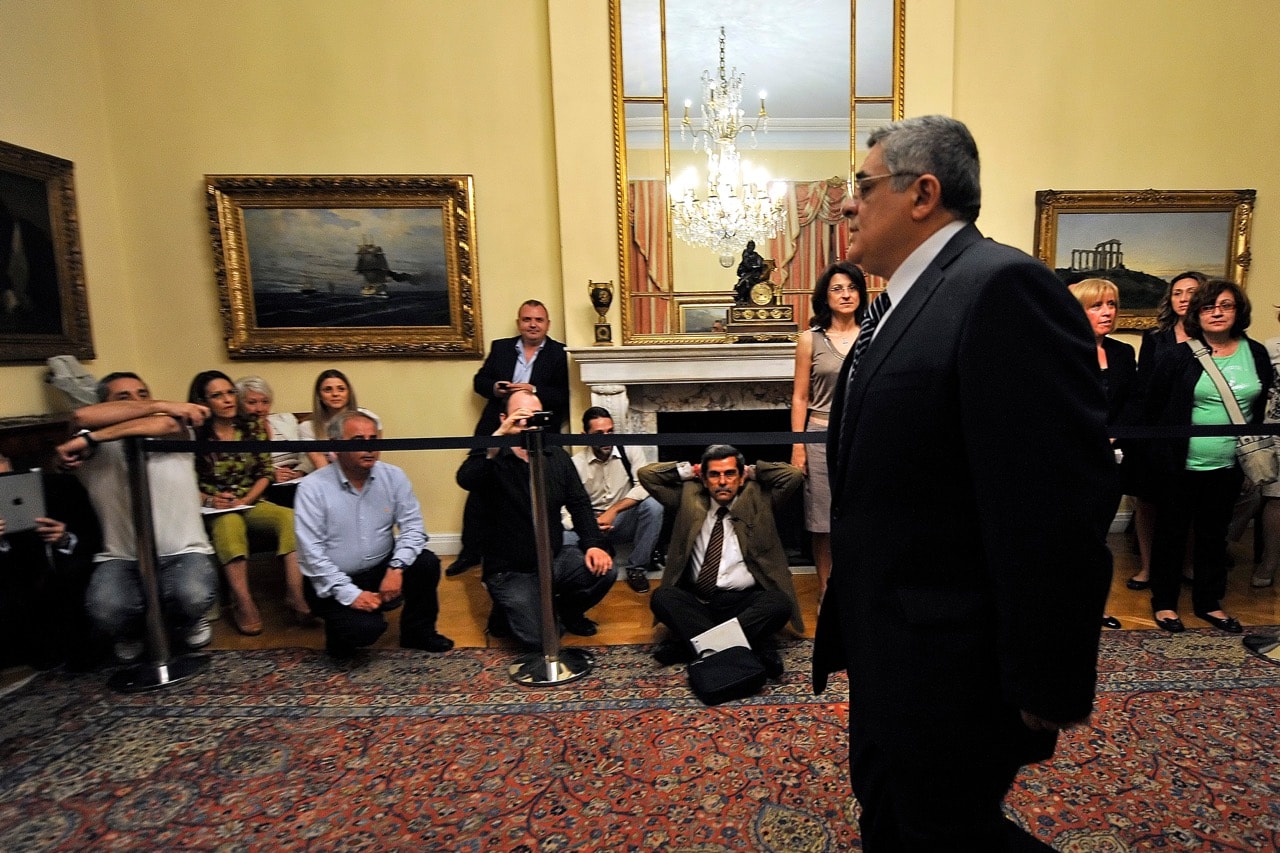
Greece: Journalists under Golden Dawn’s pressure
Despite an ongoing trial that has sapped its popular appeal, members of the Greek press are still under pressure from neo-Nazi, far-right organisation Golden Dawn. Journalists have been targeted with libel charges and physical violence.
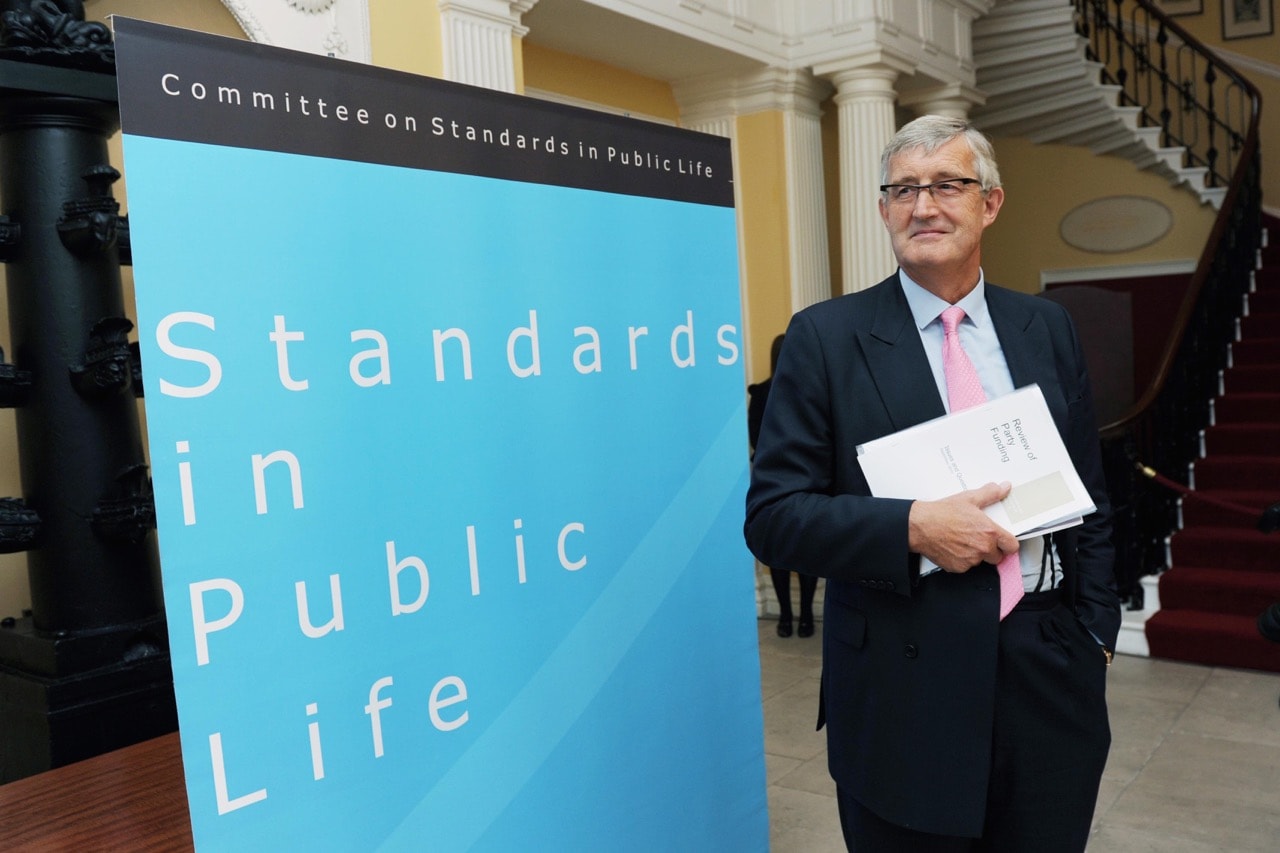
Index rejects UK committee’s recommendation to outsource censorship
Index on Censorship rejects many of the suggestions made in a report into intimidation of UK public officials by a committee tasked with examining standards in public life.

EU: Act to end Turkey’s abuse of criminal justice system against journalists
Organisations from around the world call on the EU to “be less deferential” towards Turkey.
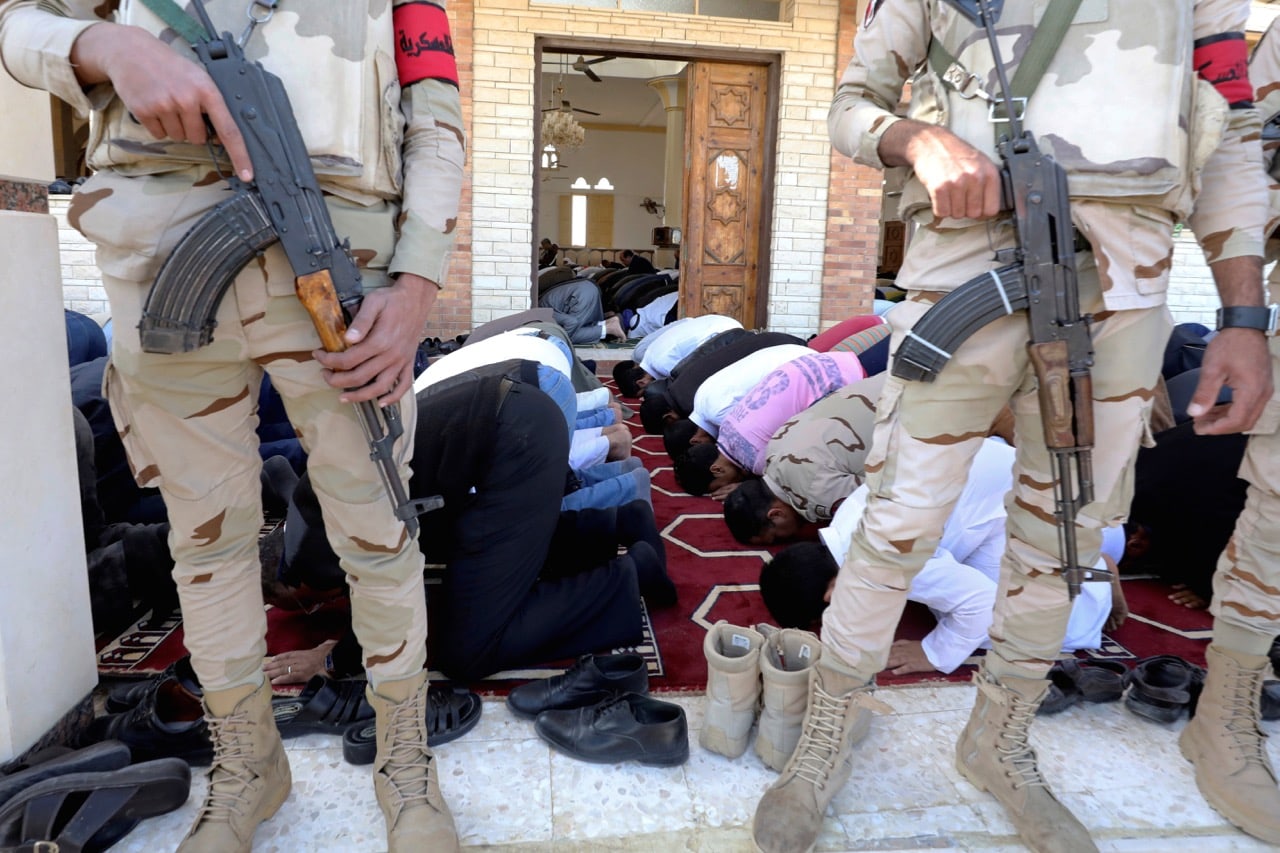
Unapologetic crackdowns on dissent as greater instability rocks MENA
As the saga of Saudi’s hunted elites commanded attention across the Middle East and North Africa this November, news of the region’s less powerful prey fell by the wayside. Authorities in Kuwait, Bahrain, Libya, Morocco, and Egypt went after protesters, journalists, and human rights defenders critical of their regimes.

The other travel ban
David Kaye on why a growing number of governments are putting travel bans on critics to stop them from discussing state repression and corruption.
